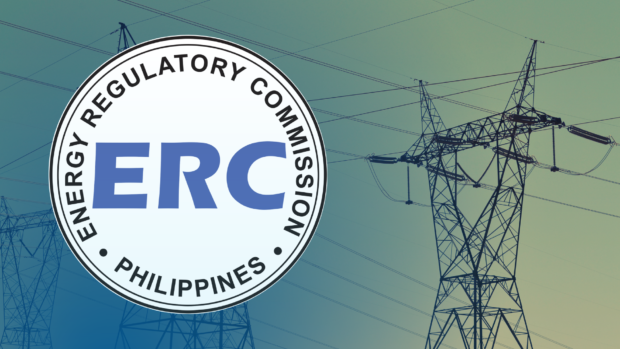MANILA, Philippines -Generation rates charged to consumers “stabilized” in 2023 as global coal prices declined, the Energy Regulatory Commission (ERC) found, with rates again falling below the P7-per-kilowatt-hour (kWh) mark after nearly two years.
The average generation charge, or the cost of power purchased from suppliers that accounts for more than 50 percent of a customer’s monthly electricity bill, dropped to P6.97 per kWh in November from P8.95 per kWh last year, equivalent to a 22.12-percent decrease.
Prior to this year, rates last fell below P7 per kWh in January 2022.
“We’re pleased to note that generation rates are stabilizing, although we noticed that while the global coal prices have really reduced significantly, the local generation rates did not follow the same trend,” ERC Chair Monalisa Dimalanta told reporters on Thursday.
READ: Slow drop of power rates in PH seen in coming months — ERC
Based on the ERC’s analysis of available records, the regulator found that there was a “noticeable steep decline” in the New Castle Coal Price Index—the most common index for thermal coal prices in the Asia-Pacific region used by Philippine generation companies.
El Niño
Dimalanta pointed out that while coal prices dropped by nearly 70 percent from a high of $433.7 per metric ton (MT) in September 2022 to $132.15 per MT in November this year, the same trend was not observed in local generation rates.
“We’re not saying that the generation companies are taking advantage [of consumers]. What we’re saying is that there may be other reasons behind the slow decline, including the fact that our macroeconomic conditions are still not as good,” the official explained.
While generation rates have consistently been going down for the past 12 months, this will not necessarily translate to lower electricity rates next year, especially as the El Niño weather phenomenon is expected to pull up demand, Dimalanta clarified.
READ: New LNG plants to ease tight power supply in Philippines
“That’s a major factor that we need to consider … and it makes us cautious against saying that rates would continue to go down in 2024,” she said.
At the same time, the entry of new liquefied natural gas (LNG) plants may have an impact on generation rates next year, as these will entail additional logistical costs when importing supply, according to Dimalanta.
“As we enter 2024, we will see more of LNG entering the mix so that’s one thing we’re monitoring, the global prices of LNG,” she said.


